Nebraska DSCR Loans for STR Financing
Grow Your Portfolio with DSCR Loans
Whether you're buying rentals in Omaha, expanding portfolios in Lincoln, or targeting STRs in Kearney, our DSCR loans
equip Nebraska investors with flexible and competitive financing. Nebraska DSCR loans are approved based on cash flow.
How to qualify
To obtain a quote, we will need the following information:
Property Value and
Purchase Price
Down Payment
Amount
Credit Score
Asset Types
- Single Family Homes
- Townhomes
- Condos
- 2 - 4 Units (Duplex, Triplex, Quadplex)
- Multi-Family: 5 - 8 Units
- Mixed-Use: 2 - 8 Units
- Multi-Family: 9+ Unit
Loan Terms
- Loan Sizes:
$100k up to $3.5 Million (Larger loan sizes available on a case by case basis)
- Purchase LTV:
Up to 85%
- Rate & Term Refinance LTV:
Up to 80%
- Cash Out Refinance LTV:
Up to 80%
- Amortization:
30 Year % 40 Year Amortization Options Available
- Term Lengths:
5/6 ARMs, 7/6 ARMs, 10 Year Interest Only, 30 Year Fixed & 40 Year Fixed
- Floor Rate:
5.50% (subject to change daily due to market volatility)
- Full Recourse
with personal guarantee required for all borrowers with majority ownership (typically 20%+ or 25%+ if closing in an Entity)
- DSCR Requirement: 1.00x or greater depending on loan size and property type. Sub-1.00x DSCR and NO DSCR options available.
- Vesting:
Lending to Individuals, LLCs, and Corporations. Trusts Allowable on a Case by Case Basis.
- Average Time to Close:
14 to 35 days
Wondering if you qualify for investment property financing in your area?
Frequently Asked Questions
What is a DSCR loan and how does it work for Nebraska real estate investors?
A DSCR loan (Debt Service Coverage Ratio loan) is a type of financing that allows real estate investors to qualify based on the rental income of the property rather than personal financial documentation. Lenders assess whether the income can fully cover monthly loan obligations like the mortgage, taxes, and insurance. This model is ideal for borrowers scaling portfolios or investing through LLCs. In Nebraska, where investors target stable rental markets in cities like Omaha, Lincoln, and Grand Island, DSCR loans make it easier to access funding and grow without being held back by traditional underwriting.
How is DSCR calculated in a typical loan scenario?
In Nebraska, DSCR is calculated by dividing the property’s net operating income (NOI) by its total annual debt service. For example, if a Nebraska rental earns $72,000 and the debt service totals $60,000 annually, the DSCR would be 1.20. This 20% income cushion improves the property’s loan eligibility. A DSCR of 1.00 is typically the baseline required by Nebraska lenders, though higher ratios often result in better loan terms. Whether you're investing in Omaha, Lincoln, or Grand Island, understanding how DSCR works in Nebraska is vital to securing financing and growing a strong rental portfolio.
What is considered a good DSCR ratio for Nebraska investors when applying for financing?
In Nebraska, a DSCR ratio of 1.20 or higher is commonly viewed as a sign of a well-performing investment. While the minimum DSCR required by most lenders is 1.00, achieving 1.20 strengthens your loan application and can result in better interest rates. Whether you're buying properties in Omaha, Lincoln, or Grand Island, understanding DSCR expectations in Nebraska gives you a clearer picture of a property’s financial viability. A strong DSCR also means less scrutiny during underwriting, allowing for faster approvals and more favorable terms across Nebraska’s rental markets.
Can I qualify for a DSCR loan if my personal income is limited?
Yes, you can qualify for a DSCR loan even if your personal income is limited. DSCR loans, often referred to as Airbnb loans when used for short-term rental properties, are designed to approve borrowers based on the income the property generates—not personal W-2s, tax returns, or debt-to-income ratios. Lenders calculate the property's debt service coverage ratio to determine if the income is sufficient to support the loan. As long as the DSCR meets the required threshold—usually 1.00 or higher—you can often be approved regardless of personal income. This makes Airbnb loans ideal for self-employed investors, business owners, or anyone scaling a rental portfolio without relying on traditional underwriting standards.
How does a lender evaluate rental income when approving a DSCR loan?
Lenders in Nebraska assess DSCR loans by focusing solely on the rental income generated by the property. In Nebraska, income verification comes from sources such as lease agreements, rental comps, or short-term rental income statements. Lenders calculate the DSCR by dividing net operating income by the property’s annual debt obligations. If the ratio is at least 1.00, most Nebraska lenders will consider the loan viable—even if the borrower has limited personal income. DSCR loans in Nebraska provide investors with asset-based lending opportunities. Understanding how rental income is evaluated in Nebraska helps position your deals for faster approvals.
What’s the minimum debt service coverage ratio required for approval?
In Nebraska, DSCR loan approval usually starts with a minimum ratio of 1.00, which reflects the property’s ability to fully cover debt obligations. Some Nebraska lenders may accept a DSCR as low as 0.75 if the borrower demonstrates strong financials. However, a DSCR of 1.20 or higher is generally preferred in Nebraska to reduce perceived risk. DSCR loans in Nebraska are increasingly used in cities like Omaha and Lincoln, where investor interest is growing. Understanding Nebraska’s DSCR standards helps borrowers structure loan applications that align with what lenders want to see for successful underwriting.
Who should consider using a DSCR instead of a traditional loan?
These loans are perfect for self-employed individuals, LLCs, and investors managing multiple properties. In Nebraska, DSCR loans allow borrowers to qualify by showing rental income rather than personal financials. From Omaha to Lincoln, Nebraska investors benefit from reduced documentation and faster processing. DSCR lending in Nebraska helps streamline financing for both new and experienced property owners.
Interested in expanding your investments beyond Nebraska? Our DSCR financing is also available in surrounding markets like South Dakota , Iowa , Missouri , Kansas , Colorado , and Wyoming , giving you flexibility to scale your portfolio throughout the Great Plains.
Disclaimer: DSCR loans are specialized real estate financing products and may differ from traditional mortgage loans or non-QM loans. Program terms, rate options, LTV limits, refinance opportunities, and rental property requirements can vary by lender. Some offerings may consider rental income, bank statement documentation, or other alternative guidelines used by DSCR lenders. All details provided here are for general information only and may change as market conditions, capital availability, and mortgage guidelines evolve. Always consult a qualified lender or financial professional before making investment or mortgage decisions.



